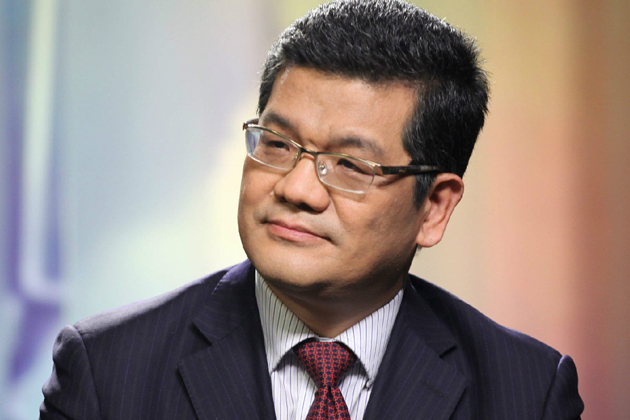Individual income tax reform improves livelihood and wellbeing
 The long-awaited individual income tax reform in China has recently made major progress. The deduction for six items of special expenses has come into effect since Jan. 1, 2019, which marks an important breakthrough in the tax reform.
The long-awaited individual income tax reform in China has recently made major progress. The deduction for six items of special expenses has come into effect since Jan. 1, 2019, which marks an important breakthrough in the tax reform.
Over the past 38 years since the Individual Income Tax Law of the People’s Republic of China was passed on Sept. 10, 1980, the country’s individual income tax has undergone six major adjustments. However, its general framework adopted the approach of categorized tax levying depending on the basic deductible income (also commonly known as the basic threshold for deduction). However, the tax reform this time has some distinctive features.
Above all, the tax reform focuses on people’s livelihood and reflects fairness. The six deductible items of special expense cover children’s education, continuing education, medical treatment for critical diseases, housing loan interest, housing rent and elderly-care fees. The items all revolve around the basic areas of people’s livelihood, taking into account the real living burden of taxpayers and their families. Compared with merely improving the basic threshold for deductions, the reform through the six special expense deductions considers both the universality and particularity among taxpayers. The principle is that there should be a higher deduction for those with heavy life burdens and a lower deduction for those with lighter burdens, to ensure that the boon of tax reduction is accurately enjoyed by each taxpayer.
Strengthening the taxpayers’ sense of gain, the individual income tax reform is of great importance to improving the income distribution system in an economic context that is generally stable but with potential fluctuations. However, it is also noteworthy that the tax reform this time involves a wide range of areas and the specific situation of tax levying is still complex and diverse, which also poses challenges for tax imposition, administration and management.
The effect of tax reduction will be obvious for most taxpayers and their after-tax disposable income will rise. Furthermore, what comes with it is an urgency to improve the levying ability of tax authorities and their services. The smooth implementation of the deduction for special expenses is guaranteed by obtaining tax-related information, which actually forces the tax authorities to accelerate the informatization and modernization of individual income tax levying. For example, the process of tax information submission, review and handling needs to be further simplified, connecting the isolated island of each department by means of the internet. By realizing online submission and verification of tax information, the aim is to ensure that the whole working chain is convenient and effective.
In addition, for taxpayers, the tax reduction will definitely motivate more and tap the potential of consumption. In face of the persistent high living costs of education, medical care, elderly care, housing, etc., the deduction for special expenses can boost the confidence for consumption, guiding consumption towards those sectors that need strengthening, such as health, culture, education, housing and green business.
The promulgation and implementation of the deduction for special expenses marks the beginning of China’s individual income tax system increasing its sophistication and refinement. Just as some mature economies in the world pursue equity in the real sense regarding individual income tax, the individual income tax in China also needs to head toward a fairer and more sustainable path, which requires flexibly taking into consideration multiple factors from taxpayers’ work and life. In the future, “tax” will no longer just be a number that lingers on a taxpayer’s payroll, but an important indicator that conveys taxpayers’ lives and guides their consumption decisions.
This article was edited and translated from Guangming Daily. Zhang Lianqi is a standing member of the National Committee of the Chinese People’s Political Consultative Conference and a certified public accountant.
(edited by BAI LE)

 PRINT
PRINT CLOSE
CLOSE